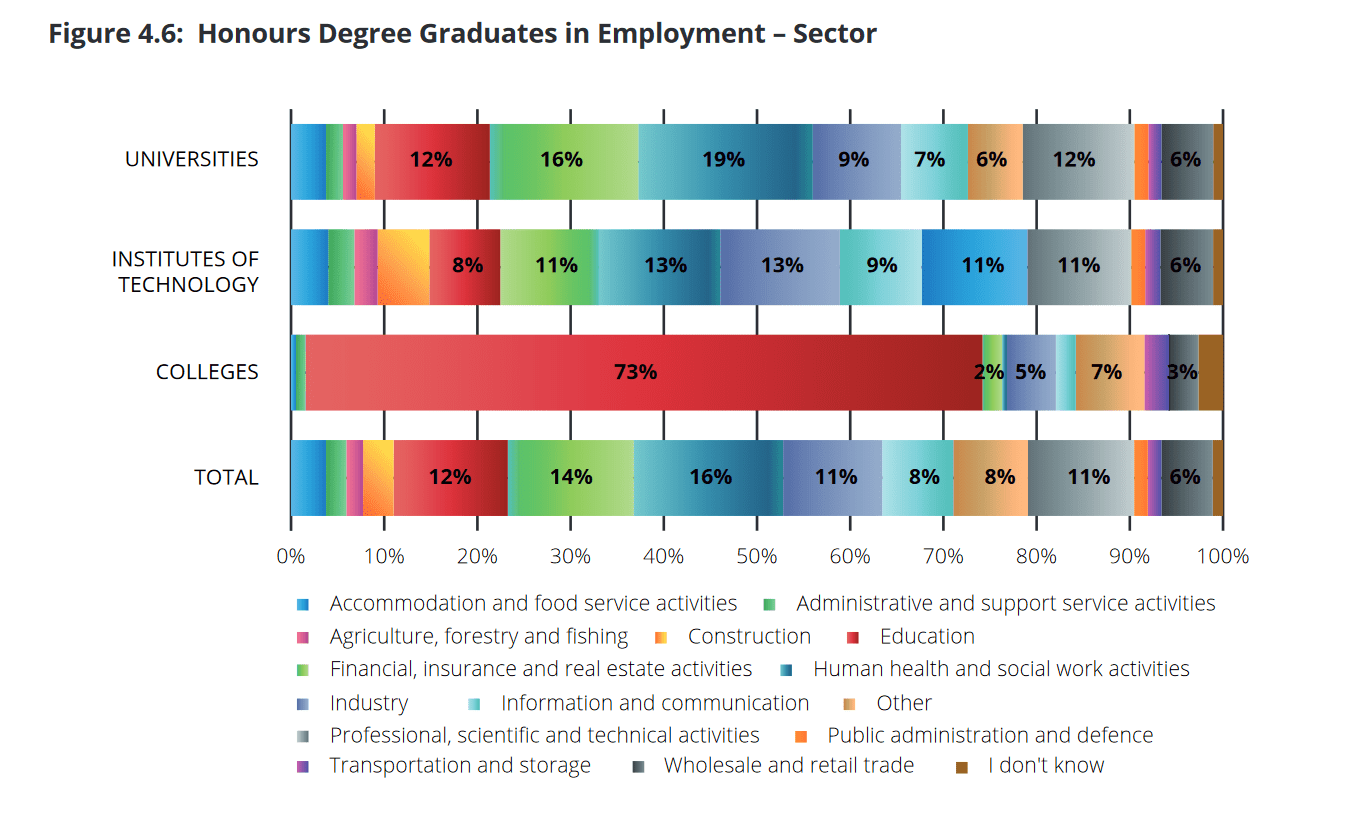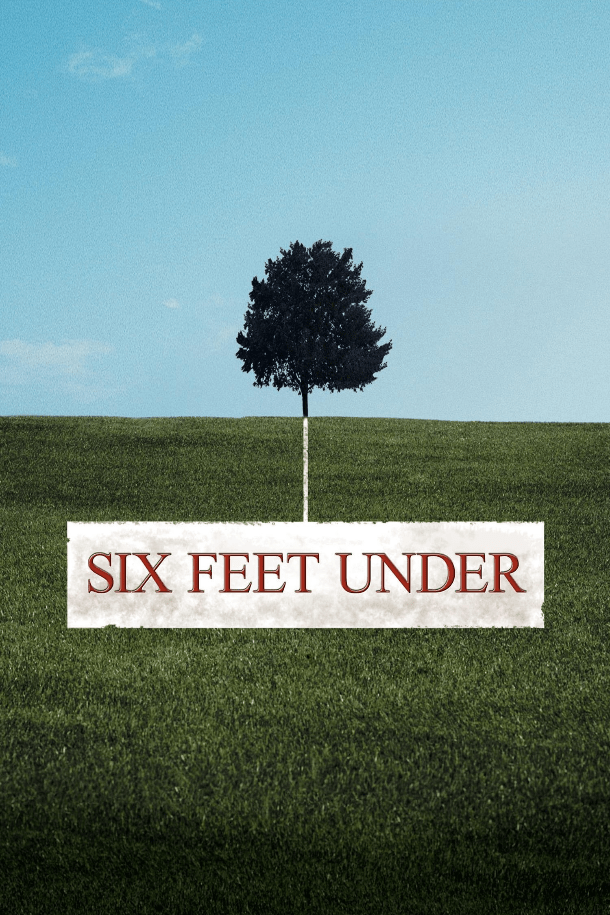
The entertainment industries create the most widely circulated popular images of children and childhood, and yet the role of children in celebrity studies warrants further study.

The entertainment industries create the most widely circulated popular images of children and childhood, and yet the role of children in celebrity studies warrants further study.
Date: 10th Jun 2020 Event time: 14:00 to 15:00 We will be livestreaming this talk, with login details available on this page on the day. Malcolm Hulke (1924-1979) was a successful writer for radio, television and the cinema from the 1950s to the 1970s.

Like many other lecturers and tutors of media and creative industries courses, I have spent much of the past semester redesigning for online delivery classes intended for face-to-face teaching. In some cases, learning, teaching and assessment were radically altered in order to facilitate students’ submission of work for the semester’s end. Students’ documentary shorts became paper-based portfolios.

Lockdown has been a peculiar time for us all, no less so in our viewing habits. Indeed, my partner and I noticed a bizarre confluence of viewing and reading habits that related to death. Not just death, I hasten to add but actually life, in the face of inevitable death. Prior to lockdown we had started watching Allen Ball’s HBO series Six Feet Under ( SFU, 2001 – 2005) about a family who run a funeral home in Los Angeles.

When I first started contributing to CSTonline last autumn, the thrust of the piece was all about effective communication of ideas and concepts – the inspiration being the superb Saturday that my wife and I had spent in attendance at Dr Nicolas Pillai’s ‘Jazz on the Telly’ conference at Birmingham City University.

Since its first volume in 1999, the Massachusetts Historical Review (MHR) has published original analytical essays, photo-essays, historical documents, and reviews for a general audience.

On May 14th 2020, numerous news outlets reported on the potential closure of BBC Four at the end of the year, detailing plans for partial budget reallocation to BBC Three, as the Corporation continues to focus its attention on attracting the 16-34 demographic.

Since my last blog/musings there have been some changes (not a lot) in the family viewing fight habits.

Do new perspectives become more shocking the further you get through life? Unsettling? Like having a carpet yanked out from under you? Probably by somebody who is rightly reminding you that you’ve had that carpet since around 1977 and it’s really about time you bought a new one. That happened to me this week. Thanks to a podcast. The podcast in question is called ITC Entertained the World and I think it’s rather brilliant.

In times of “post-truth”, “fake news”, and “alternative facts,” new forms of media and communicative strategies challenge our understanding of how we know something to be true. Most of our knowledge of the world depends on our trust of a reliable source and on the expectations of credibility in different media types, such as newspapers, encyclopædias, novels, documentary and essay films, and social media.